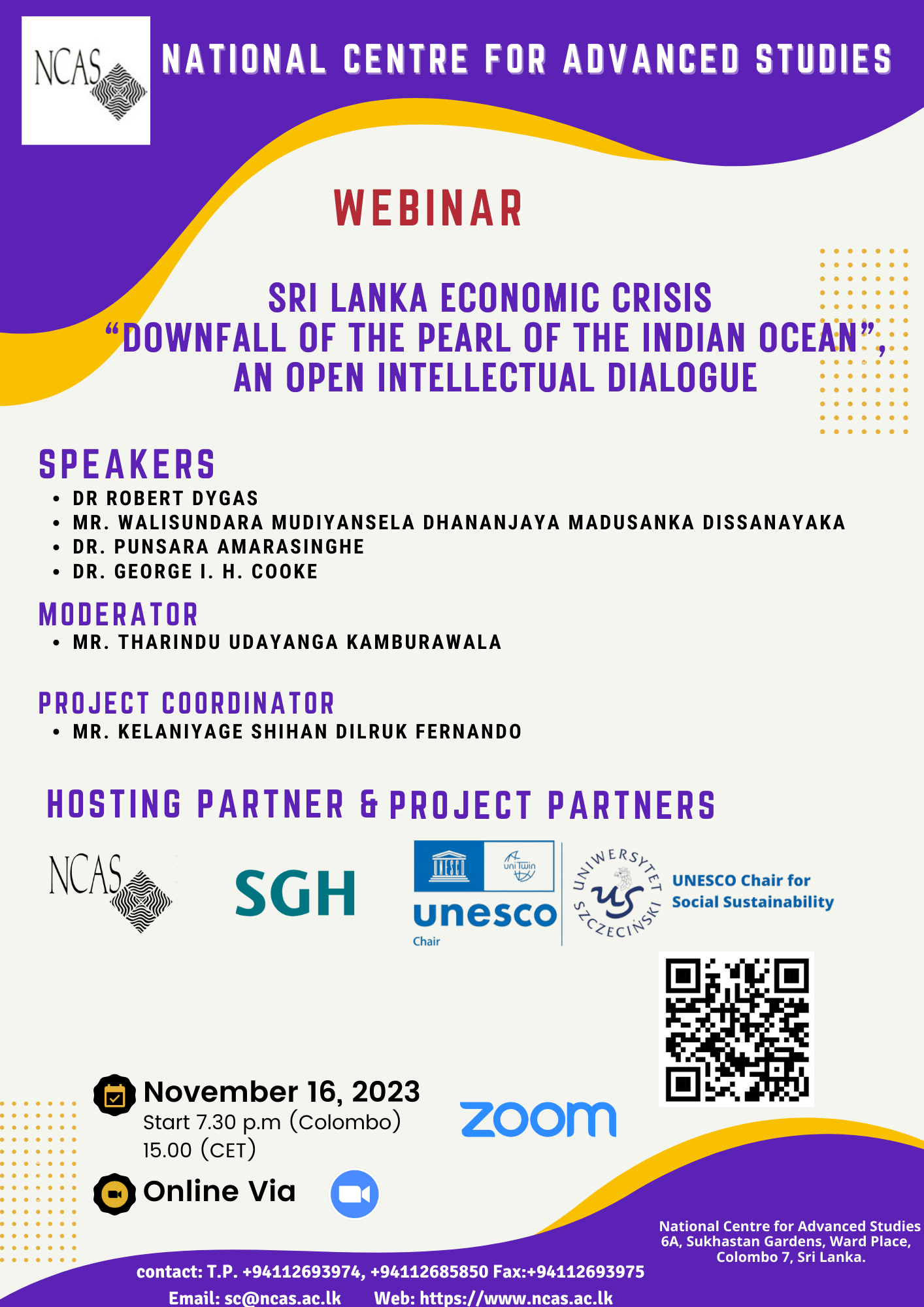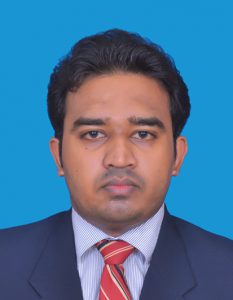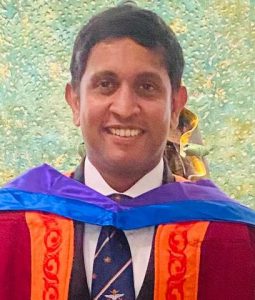
Webinar on Sri Lanka Economic Crisis, An Open Intellectual Dialogue
WEBINAR
Sri Lanka Economic Crisis, An Open Intellectual Dialogue
November 16, 2023 | 7.30 PM (Colombo) | 15.00 (CET)
Sri Lanka Economic Crisis – “Downfall of the Pearl of the Indian Ocean”, An Open Intellectual Dialogue
Platform: Zoom
Language: English Duration: 2 hours
Meeting link: https://learn.zoom.us/j/96897324613?pwd=UDJKbUFmeTdFOU5MdWt6Q1I4MzFwQT09
Meeting ID: 968 9732 4613 Passcode: tVn9D#Sb
AGENDA
7.30 – 7.45 pm Welcome address: Director (NCAS). Professor. (Mrs.) Prashanthi Narangoda
7.45 – 8.00 pm Background of the Sri Lankan Economic Crisis, Dr. Robert Dygas,
SGH Warsaw School of Economics, Poland
8.00 – 8.15 pm Geopolitical Factors and the Crisis, Dr. Punsara Amarasinghe,
Sir John Kotalawala Defense University, Sri Lanka
8.15 – 8.30 pm Foreign Policy and the Crisis, Dr. George I. H. Cooke,
Awarelogue Initiative,Sri Lanka
8.30- 8.45 pm Non-Economic Root Causes for the Crisis, Mr. Madusanka Dissanayaka,
University of Sri Jayewardenepura, Sri Lanka
8.45- 9.30 pm Q&A + Discussion
9.30 pm Conclusion
Background
Studying the ongoing Sri Lankan economic crisis is both relevant and important, as it aims to address the key root causes that have led to the country’s current financial difficulties. The immediate cause of the crisis, as mentioned, is the inability to pay foreign debts due to a lack of foreign reserves. However, it is essential to take a comprehensive approach and examine the crisis from various perspectives to gain a deeper understanding of the underlying issues. The webinar’s main objectives are clear and well-defined:
-
Identifying economic and non-economic root causes for the crisis
-
Intellectual and result-oriented dialogue
-
Stakeholder engagement and future scientific collaboration:
Discussion
Background of the Sri Lankan Economic Crisis, Dr. Robert Dygas, SGH Warsaw School of Economics, Poland
Geopolitical Factors and the Crisis, Dr. Punsara Amarasinghe, Sir John Kotalawala Defence University, Sri Lanka
Foreign Policy and the Crisis, Dr. George I. H. Cooke, Awarelogue Initiative, Sri Lanka
Non-Economic Root Causes for the Crisis, Mr. Madusanka Dissanayaka, University of Sri Jayewardenepura, Sri Lanka
Speakers
 Dr Robert Dygas
Dr Robert Dygas
is an assistant professor at SGH Warsaw School of Economics at the East Asian Economic Studies Department of The World Economy Research Institute. He completed his master’s studies at the Warsaw School of Economics, majoring in Finance and Banking, and at the University of Aarhus in Denmark, majoring in Management. He received his Ph.D. in Economics from the Warsaw School of Economics in 2003 (dissertation: “Strategic Management in the Mobile Telephony Industry in Poland in 1995-2001”). In 2011 he was awarded the Executive Master of Business Administration degree by the Warsaw University of Technology, Business School. He has 23 years of professional experience in multinational corporations in IT, telecommunications, and public sector. From 2015 to 2020 he worked also as the external expert for the evaluation of Horizon 2020-ECI-FTI proposals (Research Executive Agency EASME under the power delegated by the European Commission).
 Mr. Walisundara Mudiyansela Dhananjaya Madusanka Dissanayaka
Mr. Walisundara Mudiyansela Dhananjaya Madusanka Dissanayaka
is a senior lecturer in the Department of Public Administration of the Faculty of Management Studies and Commerce of the University of Sri Jayewardenepura, Sri Lanka. Currently, he is studying for a Ph.D. in Governance and Development at, the Graduate School of Public Administration, National Institute of Development Administration, Thailand. He has completed his Master of Business Administration in International Business Degree in 2021 at the University of Colombo. Furthermore, he graduated from the University of Sri Jayewardenepura, Sri Lanka, in 2016 with a B.Sc. Public Management Degree. He has more than seven years of teaching and research experience in the field of public administration, particularly related to public administration, public procurement, and public finance.
 Dr. Punsara Amarasinghe
Dr. Punsara Amarasinghe
is a senior lecturer at the department of international law, faculty of law at the Sir John Kotalawala Defence University Sri Lanka. He obtained his Ph.D. in international law from the Institute of Law, politics, and Development at Scuola Superiore Sant’anna. He holds an LL.M. in legal theory from South Asian University, New Delhi, and an MA in International Relations from the Higher School of Economics in Moscow. In addition to that he held visiting fellowships at the Centre for Global Legal Studies University of Wisconsin Madison, Sciences Po Paris, and the Minerva Center for Human Rights at the Hebrew University of Jerusalem, Israel. Punsara co-edited a book entitled “ Thirty Years Looking Back: Human Rights, Good Governance and Rule of Law in the Post-Soviet Space “ for Routledge in 2022 and recently authored a chapter titled “ All the Road Lead to Beijing: Power and Politics of the Silk Routes” to an edited volume published by the South Dakota University Press. Also, he is a regular contributor to the India Defense Review, Eurasia Review, and the Begin-Sadat Centre for Strategic Studies in Israel on current geopolitical issues. Currently is a joint secretary of the Royal Asiatic Society of Sri Lanka. His research interests include Chinese strategic thinking in the Indian Ocean, the Global history of the empires, and Sino-Russian relations.
 Dr. George I. H. Cooke
Dr. George I. H. Cooke
is a Diplomatic Historian, with a Doctorate in International Relations, a Master of Arts degree, and a Bachelor’s degree in Social Sciences. He is an alumnus of the Netherlands Institute of International Relations, Clingendael, and was a Visiting Fellow at Ubon Ratchathani University, Thailand. He founded the Awarelogue Initiative, to generate awareness and dialogue in the field of International Relations. His publications include ‘Sri Lanka and the United Nations: Relations with the United Nations General Assembly’, ‘Buddhist Diplomacy: Sri Lanka-Thailand Relations’, ‘The Monarch’s Message’ and several book chapters on varied aspects of Diplomacy and Foreign Policy. He has presented academic papers in Sri Lanka, India, China, Indonesia, and the United Kingdom, and is Chief Editor of the Journal of Defense Services Command & Staff College.
Moderator
Mr. Tharindu Udayanga Kamburawala
is a lecturer in the Department of Economics at the University of Sri Jayewardenepura, Sri Lanka. He graduated from the University of Kelaniya, Sri Lanka, in 2019 with a BA Honours Degree in Economics. Currently, he is reading for his master’s degree in economics at the University of Colombo, Sri Lanka. He is currently teaching subject areas such as development policy and planning and international economic policy. Before joining the University of Sri Jayewardenepura, he worked for the Institute of Policy Studies of Sri Lanka as a junior researcher in the Macroeconomics, Trade, and Competitiveness Policy Unit. His research interests include macroeconomics and structural reforms, trade and regional integration, and political economy in developing nations.
Project Coordinator
Mr. Kelaniyage Shihan Dilruk Fernando
is an experienced business professional. He has thirteen years of experience in banking, finance, and insurance. He has six years of corporate management exposure. Since 2018, he has been teaching at the MBA level, master’s level, and bachelor’s level. His research interest is sustainable management. He is an expert in quantitative research design and analysis. He is a member of Winnet Centre of Excellence® and a research team member of the UNESCO chair for social sustainability, University of Szczecin, Poland.
Hosting Partner
National Center for Advance Studies in Humanities & Social Sciences, Sri Lanka
Project Partners
SGH Warsaw School of Economics, Poland
The UNESCO Chair for Social Sustainability, University of Szczecin, Poland


